 This week I heard an inspiring presentation about Hope International—a microfinance ministry that through small loans is empowering people (the majority are women) to work their way out of the depths of poverty. The stories of transformation are remarkable.
This week I heard an inspiring presentation about Hope International—a microfinance ministry that through small loans is empowering people (the majority are women) to work their way out of the depths of poverty. The stories of transformation are remarkable.
One mother of five children from Congo said, “Before, on a ‘good’ day, I could usually feed my family once a day. Now I feed them three times a day, pay for my children to go to school, and am feeding my pastor’s family and a widowed neighbor too.”
“So what are their husband’s doing?” someone wanted to know.
Well, let’s see . . . the unemployment rate in Congo is 90%. They’re out of work, most of them, and have been for months. Probably they’re depressed. Maybe hitting the bottle. Some (not all) have abandoned their families.
So their wives turn inventive, entrepreneurial, resourceful. They shift into ezer-mode and with a small business loan begin to battle their way out of hunger, poverty and despair.
I was deeply moved by their stories. At the same time I wondered how wide of the mark the church’s message for women is for them. Does our message fuel them with courage or cause them to think they’re operating outside proper boundaries. Are they “exceptions” to the rule or are they hitting the bullseye of what God calls his ezers to do? It’s difficult to place these women in our well-developed grid and our intense debates over what God created women to do and what is off limits.
Deborah is another woman who simply doesn’t fit. I’m always perplexed that Deborah seems to be such an anomaly in Christian circles. She’s a perpetual topic of debate. Her position of authority and leadership—unquestioned by the Bible—is questioned by us. She is routinely downsized and redefined as “a punishment” on men who were shirking their responsibility for leadership.
In other words, Deborah is a “substitute” judge, an emergency measure, who if things were working properly, wouldn’t be a judge at all. In the process, her story and her significance as a role model for women today get pushed to the sidelines.
Deborah may have been a great woman, but “please don’ t try this at home.”
The Bible doesn’t talk about her like that. Strangely, there’s no hint in the Bible to justify the kind of treatment Deborah receives at our hands.
The book of Judges gives Deborah top billing. She comes in the early phase, where according to some Old Testament scholars the judges are strongest. We have more of her words than any other judge. And there are no negative editorial comments embedded in the text about Deborah being out of line in God’s eyes, hiding out in a winepress, or cavorting with the Philistines.
To the contrary, she is spotlighted as a person of great leadership and character, courageous faith, and remarkable gifting. People flock to her for advice, judgment, and wisdom. She calls Barak into battle and is so full of faith herself, believing God will do what he says against terrible odds, that she boldly joins Barak, bolsters his faith in the battle, and spurs him on to greatness (Hebrews 11:32). When all is said and done, she stands shoulder to shoulder with any other psalmist in the Bible. Her theologically rich lyrics have instructed God’s people for generations.
Wouldn’t the world be a better place with more strong women like that?
If we include Deborah in our pantheon of female role models, where she rightfully belongs, suddenly the parameters expand for what every woman should be doing to engage the kingdom battles before her. Just think how it would fuel the efforts of the women of Congo to identify with a woman like Deborah. How it would fuel our efforts? How could this change our daughters’ lives?
Until and unless we factor in Deborah to our discussions of what God calls his daughters to be and do, we remain very much in danger of believing and exporting an irrelevant and unbiblical message to women in the global church and of endangering women everywhere of being the steward in Jesus’ Parable of the Talents who must explain to the Lord why she buried his talents in the ground.




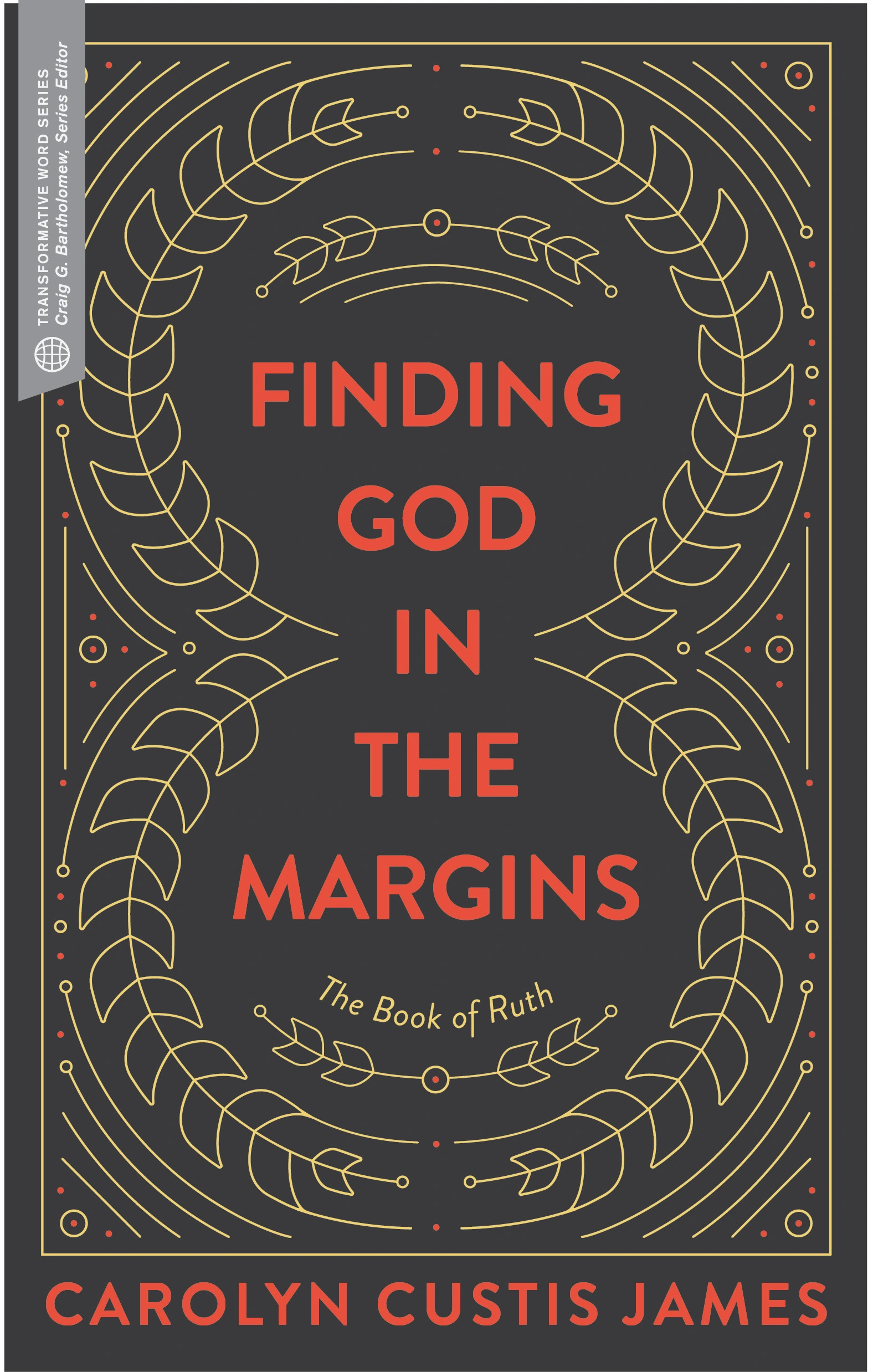
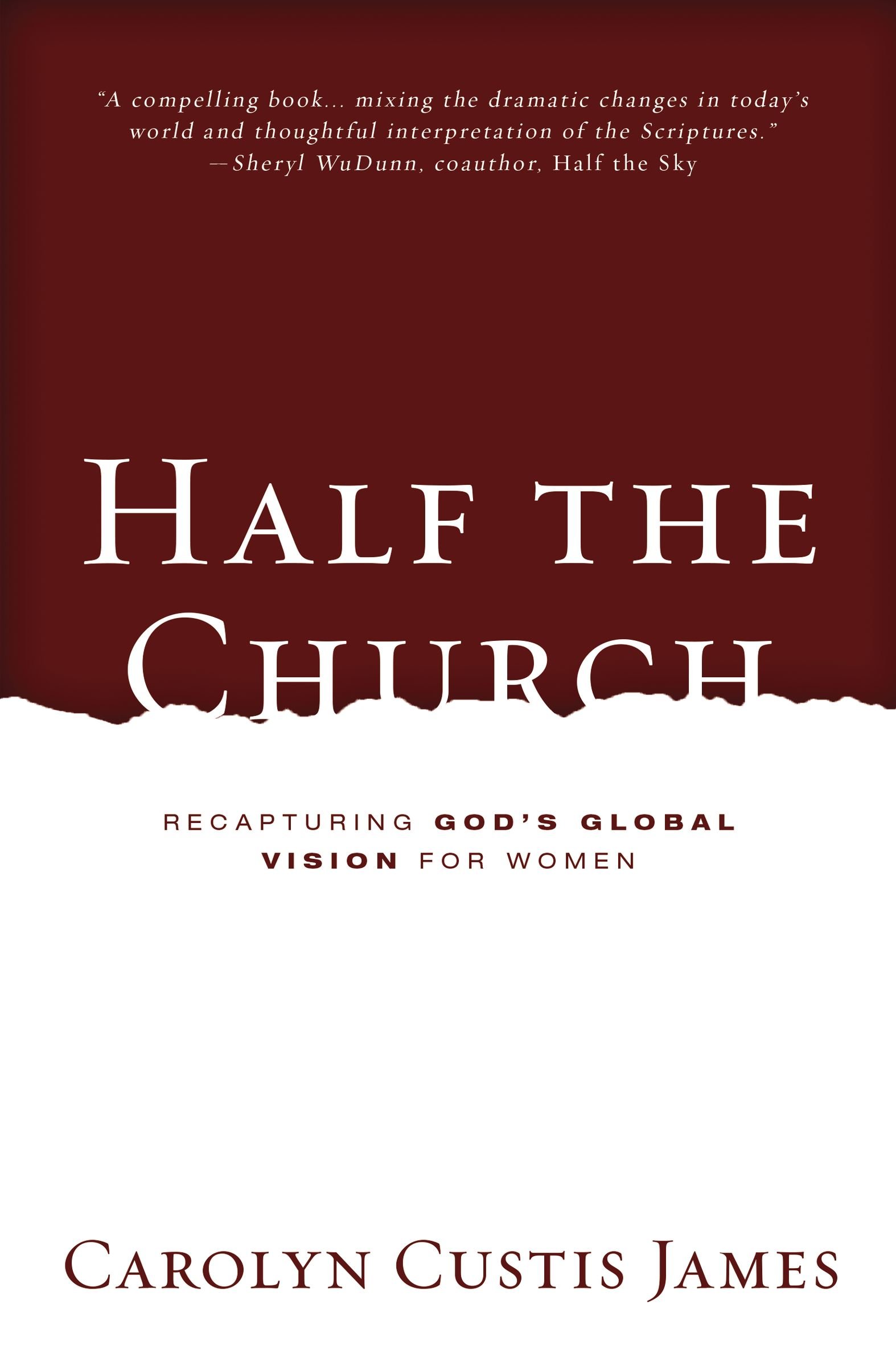
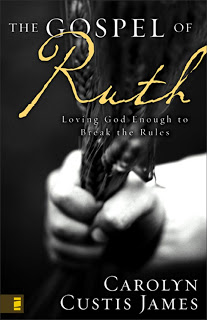
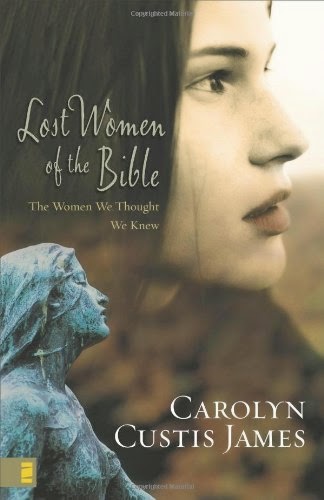






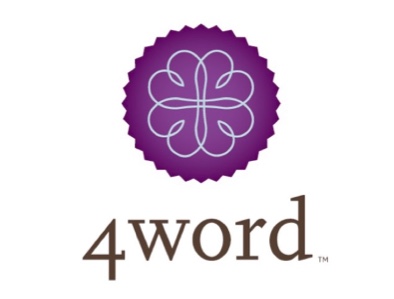
Thank you for the insight. I’ve always read/heard the Deborah is God’s second best because of the weakness of men interpretation.
It’s amazing how this has influenced my thinking.
What if I thought that Deborah was God’s choice to lead as a fellow leader? Really changes things.
I often feel like a placeholder, stepping in the gaps – waiting for my work to be taken over by a competent and willing man so that I can step aside. Definitely makes me feel temporary and God’s 2nd best, although thankful God is using me.
Thank you again for thoughtful insight.
LikeLike
This is so beautiful. I come back and read it several times a year. Thank you.
LikeLike